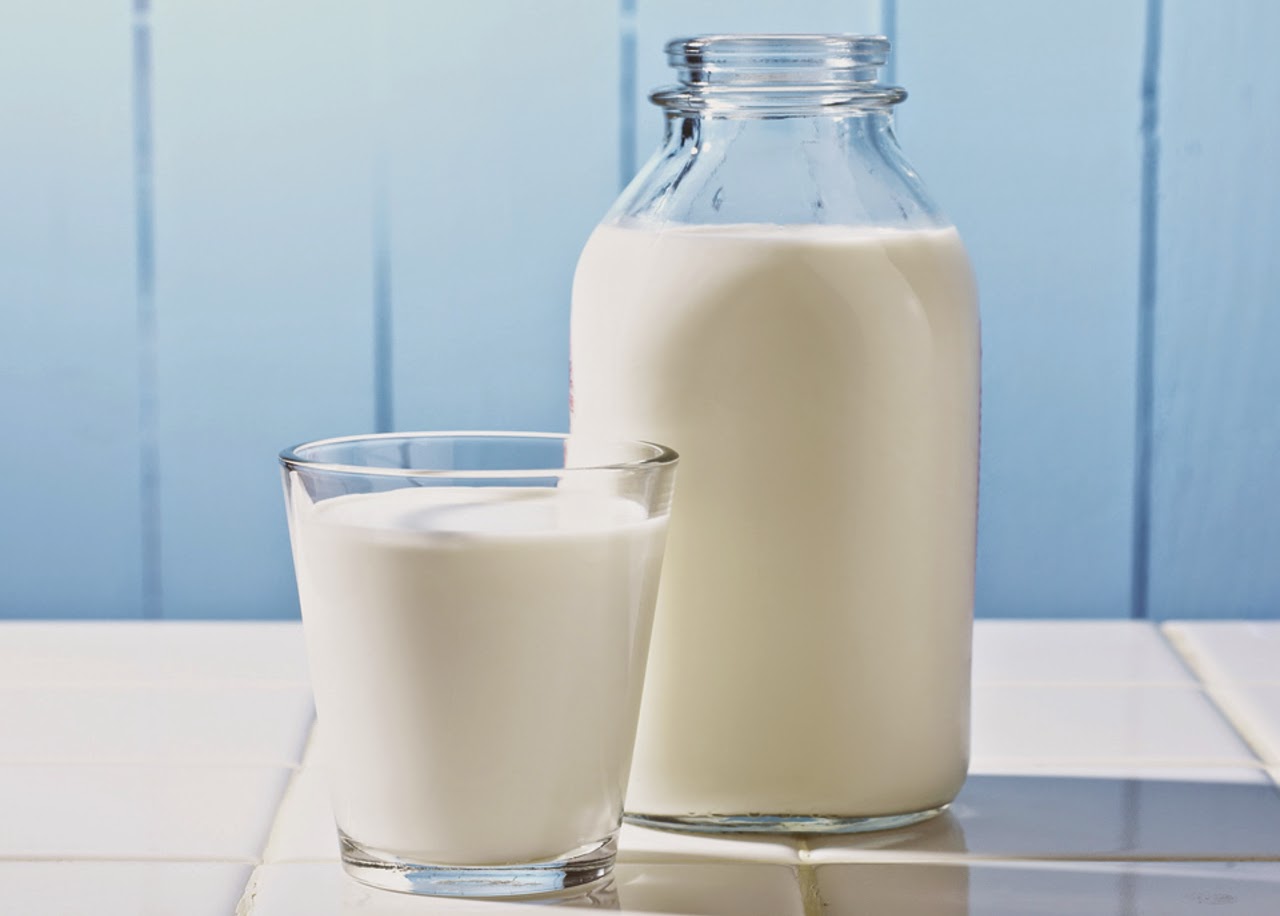The Complete Guide To Milk: Benefits, Types, And Uses
Milk is one of the most nutritious foods available, packed with essential vitamins and minerals that contribute to our overall health. As a staple in many diets around the world, it has been consumed for centuries, offering a variety of health benefits. In this comprehensive guide, we will explore everything you need to know about milk, including its nutritional content, different types of milk, health benefits, and creative ways to incorporate it into your diet.
In recent years, the popularity of milk has evolved, with various alternatives emerging on the market. Understanding the differences between these options can help you make informed choices about what to include in your diet. Whether you are lactose intolerant, vegan, or simply looking for healthier options, there is a milk type suited for everyone.
This article aims to provide you with detailed insights into milk, enhance your knowledge about its benefits, and inspire you to include it in your daily routine. Let's dive in!
Table of Contents
- What is Milk?
- Nutritional Content of Milk
- Types of Milk
- Health Benefits of Milk
- Cooking and Baking with Milk
- Common Myths About Milk
- Sustainability and Milk Production
- Conclusion
What is Milk?
Milk is a nutrient-rich liquid produced by the mammary glands of mammals. It serves as the primary source of nutrition for newborns before they are able to digest solid food. The composition of milk varies among species, but it typically contains water, carbohydrates, proteins, fats, vitamins, and minerals that are essential for growth and development.
Nutritional Content of Milk
Milk is known for its impressive nutritional profile. A standard serving of whole milk (1 cup or 240 ml) provides the following:
- Calories: 150
- Protein: 8 grams
- Fat: 8 grams
- Carbohydrates: 12 grams
- Calcium: 300 mg (30% of the Daily Value)
- Vitamin D: 2.5 mcg (15% of the Daily Value)
- Vitamin B12: 1.2 mcg (20% of the Daily Value)
These nutrients play a vital role in maintaining strong bones, supporting muscle health, and promoting overall well-being.
Types of Milk
Milk can be broadly categorized into two types: dairy milk and non-dairy milk alternatives. Understanding these categories will help you choose the right type for your dietary needs.
Dairy Milk
Dairy milk is derived from cows, goats, or sheep. It is a complete source of protein and is rich in essential nutrients. The main types of dairy milk include:
- Whole Milk: Contains about 3.25% fat and is the least processed form.
- Low-Fat Milk: Contains 1% to 2% fat, suitable for those seeking lower fat content.
- Skim Milk: Contains less than 0.5% fat, ideal for calorie-conscious individuals.
Non-Dairy Milk Alternatives
Non-dairy milk alternatives have gained popularity in recent years, especially among those who are lactose intolerant or follow a vegan diet. Some common non-dairy milk options include:
- Almond Milk: Low in calories and rich in vitamin E.
- Soy Milk: High in protein and contains essential fatty acids.
- Oat Milk: Creamy texture and a good source of fiber.
- Coconut Milk: Rich in fats and has a distinct flavor.
Health Benefits of Milk
Milk offers numerous health benefits that contribute to overall well-being:
- Bone Health: Rich in calcium and vitamin D, milk supports strong bones and teeth.
- Muscle Recovery: The protein content in milk aids in muscle recovery post-exercise.
- Hydration: Milk is an excellent source of hydration due to its high water content.
- Heart Health: Some studies suggest that dairy consumption may be linked to improved heart health.
Cooking and Baking with Milk
Milk is a versatile ingredient in the kitchen, enhancing flavors and textures in various dishes. Here are some creative ways to incorporate milk into your cooking:
- Add milk to smoothies for a creamy texture.
- Use milk to make sauces, such as béchamel, for pasta dishes.
- Incorporate milk into baked goods like cakes and muffins for moisture.
- Prepare creamy soups using milk as a base.
Common Myths About Milk
There are several misconceptions surrounding milk consumption. Let’s debunk some of the most common myths:
- Myth: Milk is only for children.
Fact: Milk provides essential nutrients for people of all ages. - Myth: All dairy products are harmful.
Fact: Moderate consumption of dairy can be part of a healthy diet. - Myth: Milk causes mucus production.
Fact: Research shows no significant link between milk and increased mucus.
Sustainability and Milk Production
As the demand for milk continues to rise, so does the importance of sustainable dairy farming practices. Sustainable milk production focuses on minimizing environmental impact while maximizing animal welfare. Key practices include:
- Reducing greenhouse gas emissions through innovative farming techniques.
- Implementing water conservation methods to reduce water usage.
- Prioritizing animal welfare standards for better living conditions.
Conclusion
In conclusion, milk is a nutrient-dense food that offers a wide range of health benefits. From its essential vitamins and minerals to its versatility in cooking, there are countless reasons to include milk in your diet. Whether you choose dairy or non-dairy alternatives, understanding the options available to you can help you make informed dietary choices. If you found this article helpful, please leave a comment below, share it with your friends, or explore other articles on our site!
Thank you for reading, and we hope to see you back here soon for more insightful content!
Live In The Moment Quotes: Embrace The Present And Find Joy
Marcia Murphey: The Untold Story Of A Remarkable Woman
The Comprehensive Guide To Inert Matter: Understanding Its Role And Importance


